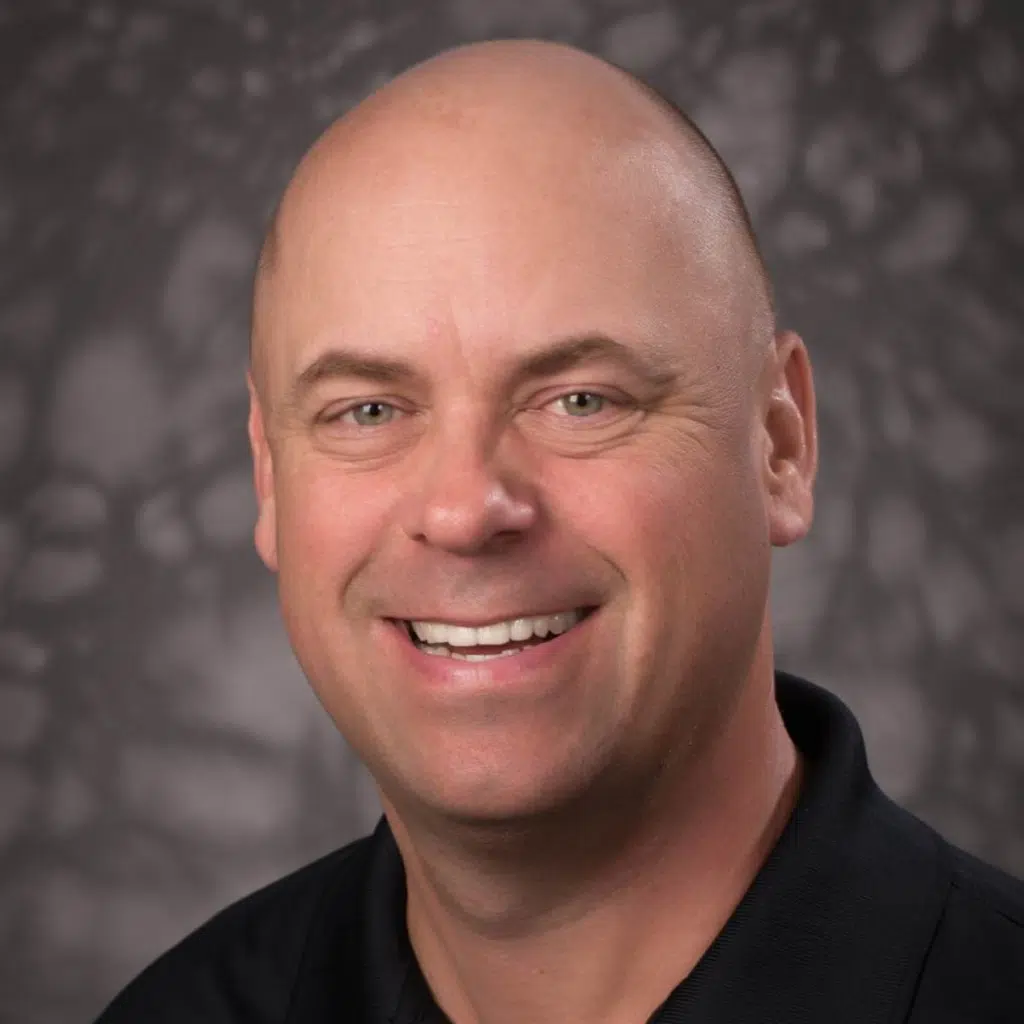By Brian Ellsworth and Vivian Sequera
CARACAS (Reuters) – The hush over Venezuela’s parliament at the start of proceedings last week was broken by background noise that would last throughout the session – the clatter of construction equipment remodeling the park where the legislature had convened.
The Caracas park is among the few places opposition lawmakers can meet without being harassed by President Nicolas Maduro’s government, which not only banned them from congressional headquarters but pushed dozens of lawmakers into exile.
The opposition legislators’ terms expire in two weeks and a new congress will convene after Maduro allies swept a Dec. 6 parliament vote boycotted by the opposition on the grounds it was fraudulent.
Maduro dismisses the idea that the election was unfair, and has celebrated the vote as a turning point that will put the legislature under Socialist Party control despite U.S. sanctions on the OPEC nation’s oil industry aimed at driving him from power.
Opposition lawmakers are discussing how to maintain a stripped-down version of parliament after their terms end, a strategy that could put them at risk of arrest, while not providing any clear path to hastening Maduro’s departure.
But many insist the plan will help maintain international recognition of congress chief Juan Guaido – whom 50 nations see as Venezuela’s legitimate president – while ensuring the opposition does not disappear.
Washington has said it will maintain support for Guaido following the Dec. 6 parliamentary vote, which it disavowed, and other Western nations may follow suit.
“It’s our obligation to continue and maintain the National Assembly until there are new elections and until constitutional order is restored in our country,” said Nora Bracho of the western state of Zulia.
She was one of just over a dozen legislators who sat in plastic picnic chairs under an awning for the Dec. 15 session at Morichal Park in the affluent Prados del Este neighborhood of southern Caracas.
Others spoke in a Zoom call shown on a television set up in front of a column of bamboo.
A dozen metres (40 feet) away, workers were building rebar and wooden retention walls, while a backhoe opened up what appeared to be a new path. The hammering and sawing continued even as parliament held a minute of silence for Venezuelan migrants who had died attempting to reach Trinidad by boat.
Bracho and others who spoke with Reuters said they expected parliament would be left in the hands of a group of 33 lawmakers, while some 90 others elected in 2015 would keep a lower profile.
SCALING BACK
The group is considering reducing the number of ambassadors who represent Guaido abroad and scaling back the bureaucracy associated with the opposition interim government, legislators told Reuters this month.
But they do not appear to have reached a consensus on the rules for the new arrangement, which requires altering a “transition statute” passed in 2019 amid euphoria that Maduro was on his way out.
Legislators since last week have twice suspended sessions to finalize the reform of the transition statute and have not yet convoked a new one.
The opposition won control of parliament in 2015 in a landslide rejection of the ruling Socialist Party, but the pro-Maduro supreme court shot down nearly every measure it approved.
Maduro, who maintains the support of the military, accuses the lawmakers of supporting U.S. sanctions, and has mocked the idea that they would extend their term past Jan. 5.
“For Guaido to continue saying he is president would be a terrible cartoon that would produce more shame than laughter,” Maduro said in an interview with state television.
Opposition lawmakers during the course of their terms have been accused of crimes ranging from treason to instigating violence.
Some were arrested or spent months living in embassies, dozens are now in exile and nearly all have stories of abuse by government supporters and harassment by security forces.
Bracho recounted being “dragged by my hair, doused in urine and excrement, having bottles thrown at me,” as well as getting angry phone calls from relatives who said her work as a legislator was threatening their safety.
Alfonso Marquina, who represents the western state of Lara, acknowledged that legislators would face security concerns going forward, but added that most lawmakers had already faced those problems during their terms.
“The people of Venezuela were consulted … and they disavowed the fraud on Dec. 6,” Marquina said of the boycotted election as he waited for the session to begin in the park. “I see myself as being strongly legitimized.”
(Reporting by Brian Ellsworth and Vivian Sequera; Additional reporting by Mayela Armas; Editing by Peter Cooney)


